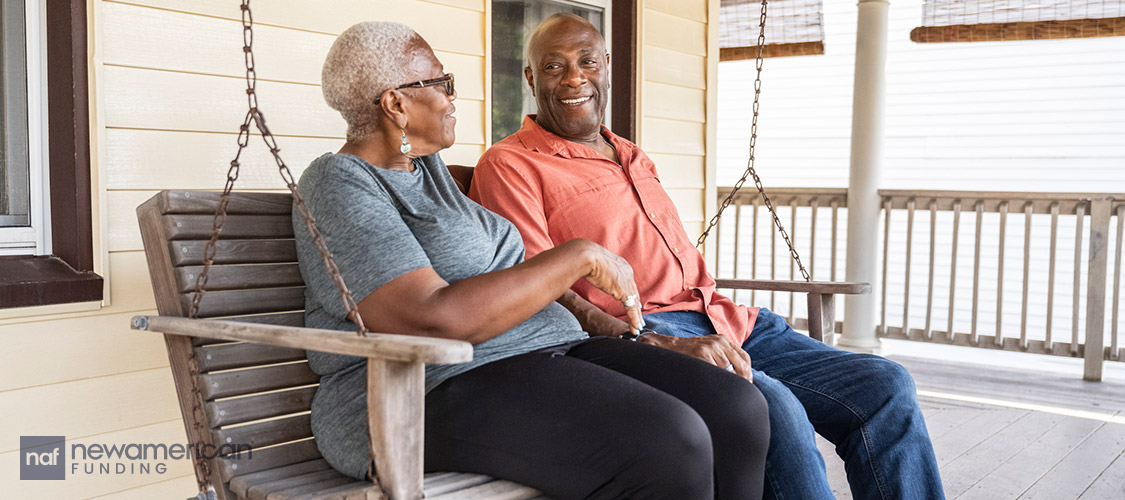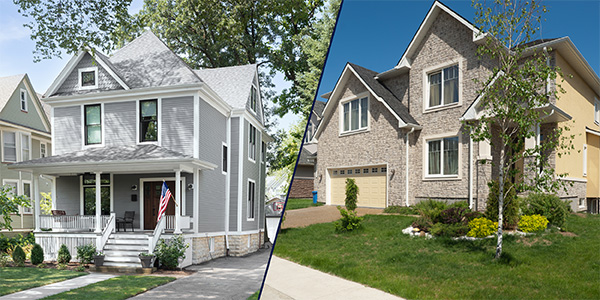Homebuyers
Will a 15-Year Mortgage Save Homebuyers Money? What You Need to Know
August 6, 2024
Many potential homebuyers are looking for money-saving strategies with home prices and mortgage rates remaining high. That's led some to look beyond the standard 30-year, fixed-rate mortgage.
Historically, considering a shorter mortgage term, such as a 15-year mortgage, has helped borrowers save money over the long run—potentially even hundreds of thousands of dollars.
However, these loans can wind up costing borrowers much more every month. That may be a deal breaker for first-time and other cash-strapped homebuyers.
"Given where rates are today, your monthly payment is going to be significantly higher, and if your monthly payment's higher that means the income needed is going to be higher as well," said Matthew Gardner, a real estate economist with Gardner Economics.
What to know about a 15-year mortgage versus a 30-year mortgage
There are primarily two loan term options. There are 30-year loans, which include 360 monthly payments, and 15-year loans, which have 180 payments.
One of the big bonuses of using a 15-year mortgage is that borrowers can often snag lower mortgage rates—and pay off their properties in half of the time.
A 15-year mortgage had an average 5.99% rate in the week ending August 1, according to Freddie Mac. By comparison, 30-year loans had an average of 6.77% over the same period.
That can save buyers big money over the life of their loans. But there is a catch.
Borrowers generally must make much larger monthly payments than they would with a 30-year loan. That's because they're paying off their loan with just half of the payments.
For example, someone purchasing a $426,900 home (the median sales price of an existing home in June) would spend $671 more a month with a 15-year mortgage.
However, those with a 15-year loan will save more than $275,000 in interest over the life of their loan.
Who should consider a 15-year mortgage?

Since buyers using a 15-year mortgage will be making larger monthly payments, their incomes are generally higher. They may also already own their homes.
"A 15-year fixed mortgage is good mostly for someone who is refinancing when rates drop to a lower rate mortgage and who intends to stay in that home for a long period of time," said Larry Steinway, vice president and area sales manager at New American Funding. He is based in Skokie, Illinois.
"Very few first-time purchasers would ever consider a 15-year mortgage," he said.
The pros and cons of a 15-year mortgage
Historically the big upside of a 15-year loan has been the ability to pay down the principal balance more quickly at a lower interest rate. It also allows these buyers to build home equity much faster.
Borrowers can then tap into the equity if they need cash for an emergency, to fund a home renovation, consolidate debt, or for another purpose.
One big con of a 15-year mortgage is that it does require a significant amount of funds. If buyers have a down payment that's less than 20%, they are also required to carry private mortgage insurance (PMI). This can boost monthly payments even higher.
Putting down less is not common for buyers taking on 15-year loans.
"If somebody doesn't have enough cash to put 20% down, they likely don't have enough cash flow to stomach a 15-year fixed mortgage," said Steinway.
When mortgage rates are high, a shorter loan may also not be as appealing for borrowers.
But if mortgage rates fall, as many real estate experts anticipate, it could make 15-year loans more attractive to buyers and homeowners hoping to refinance their existing loans.
"In a high-rate environment, people don't want to lock themselves into a monthly payment that's so high," said Steinway. "The difference in interest rate is not enough savings to make it worthwhile."






 Smart Moves Start Here.
Smart Moves Start Here.